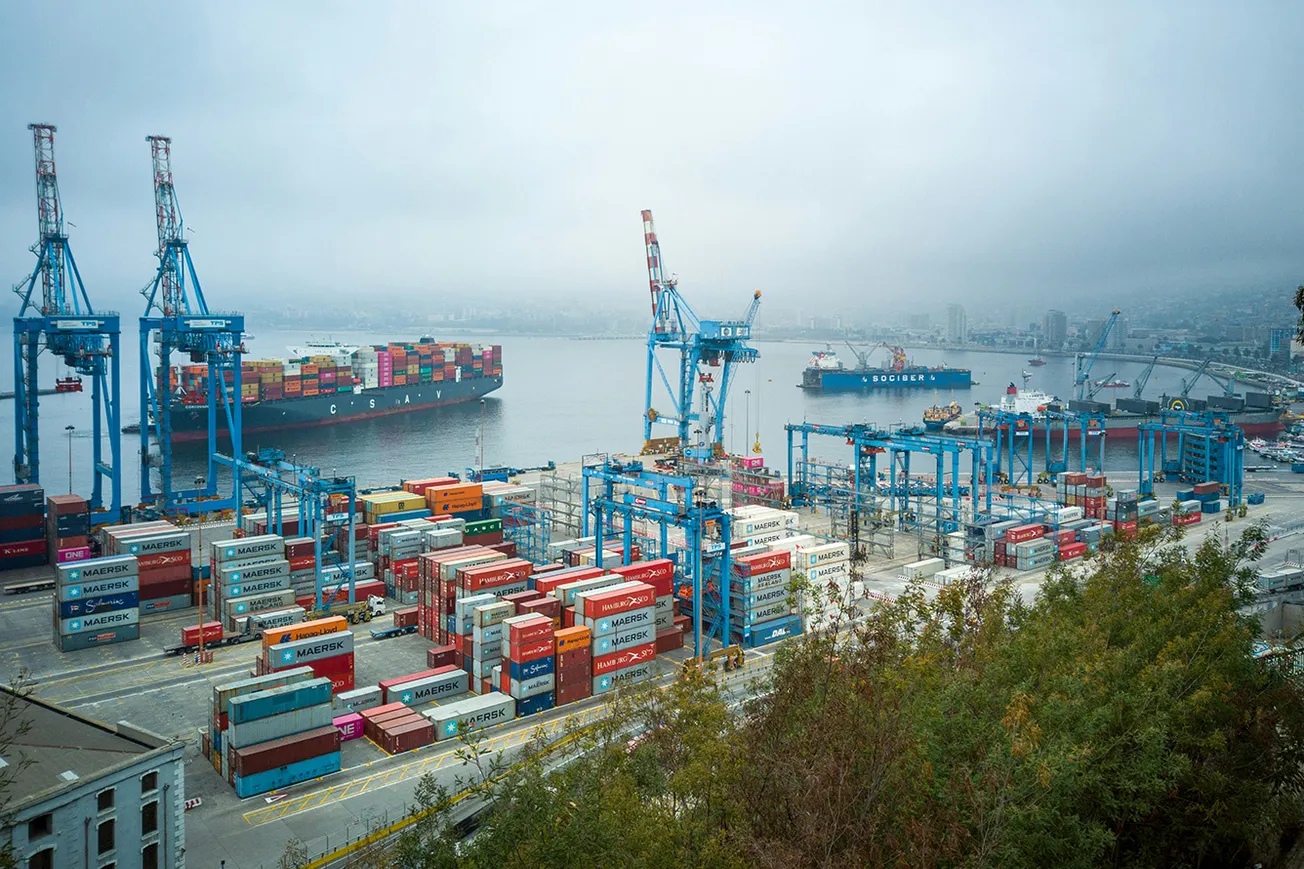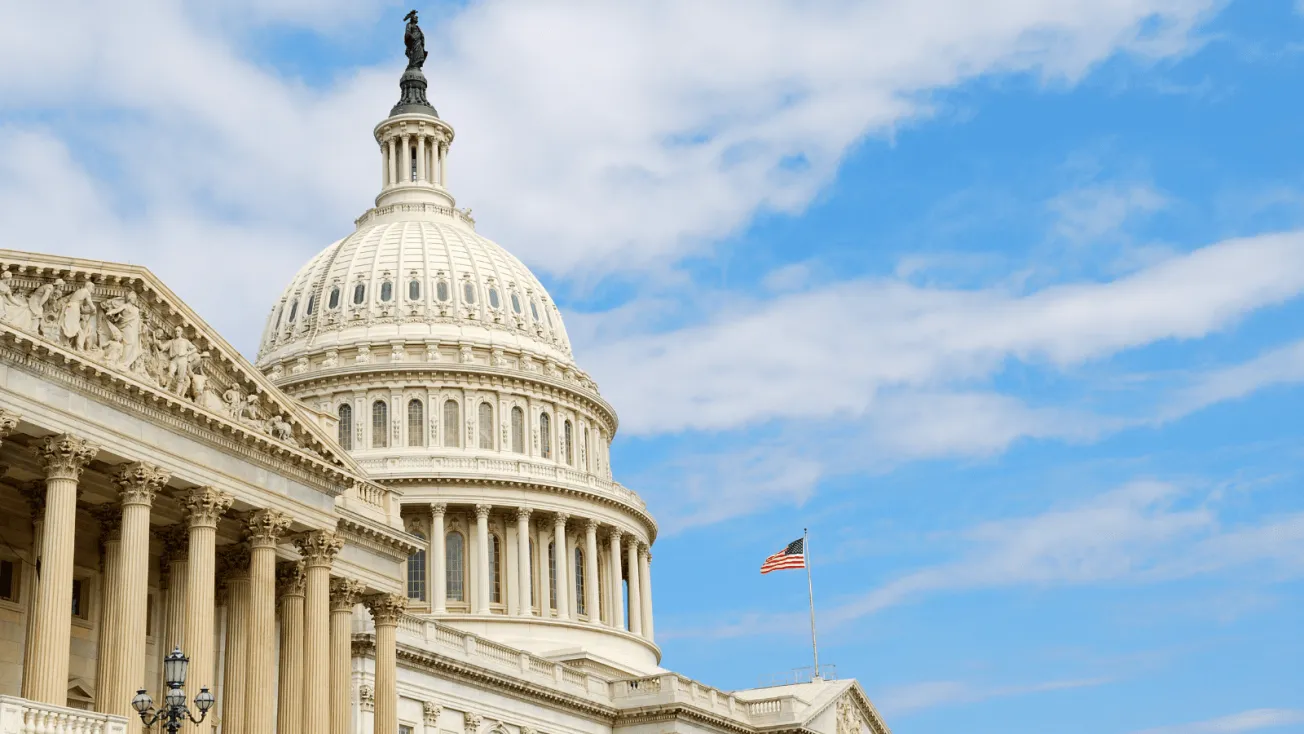WASHINGTON — The National Association of Chain Drug Stores (NACDS) and the Retail Industry Leaders Association (RILA) are among the nearly 180 organizations representing manufacturers, farmers and agribusinesses, importers, exporters and supply chain stakeholders that are calling on the Biden Administration to help restart contract negotiations between the International Longshoremen’s Association (ILA) and the United States Maritime Alliance (USMX).
At issue is a labor contract set to expire on September 30, 2024, that covers all maritime container ports along the East and Gulf Coasts of the United States. Due to contract disputes, negotiations between the two parties have seemingly stalled.
“Retailers are increasingly concerned about the negative impacts a strike at U.S. East and Gulf Coast ports will have on supply chains and the broader economy,” RILA said in a statement. "With the clock quickly winding down, RILA is urging the Biden-Harris administration to quickly intervene and ensure both parties reach an agreement.
“The ripple effects of a strike—port congestion, vessel delays and missed shipments, increased shipping costs, inventory challenges, and more—all amount to yet another round of supply chain disruption and uncertainty. Given the current contract expiration date has been on the calendar for years, retailers view this strike and its imminent disruption as a self-inflicted wound to the U.S. economy. It is unfortunate that talks were seemingly stalled to prepare for a strike rather than to continue forward and find a solution. And although retailers have already activated contingency plans to help mitigate its effects, the longer a work stoppage goes on, the harder it will be to do so.
“Given the economic stakes and both parties’ inability to reach an agreement to date, it’s imperative the Biden -Harris administration engage directly to encourage a swift resolution. There is still time to get both sides back at the negotiating table and find an agreement.”
In a September 17 letter to President Biden, the organizations urged the Administration to prevent devastating disruption to port operations, cargo fluidity, supply chains — and ultimately, the economy and the American consumer — by ensuring that the ILA and USMX remain at the negotiating table and achieve a final contract by October 1.
Read the letter in its entirety below:
September 17, 2024
The Honorable Joseph R. Biden
President
The White House
1600 Pennsylvania Ave NW
Washington, DC 20500
Dear President Biden,
On behalf of the undersigned organizations representing manufacturers, farmers and agribusinesses, wholesalers, retailers, restaurants, importers, exporters, distributors, transportation and logistics providers, and other supply chain stakeholders, we are writing to you again expressing significant concern about the state of negotiations between the International Longshoremen's Association (ILA) and the United States Maritime Alliance (USMX) to help them return to the bargaining table to restart stalled negotiations. This labor contract, which covers all maritime container ports along the East and Gulf coasts, is set to expire on September 30, 2024. The ILA has repeatedly threatened a coastwide strike if a new agreement is not reached by October 1. As a follow-up to our June 25 letter, we call upon the administration to immediately work with both parties to resume contract negotiations and ensure there is no disruption to port operations and cargo fluidity if a new contract is not reached by the expiration date.
We applaud the ongoing focus of this administration on supply chain resiliency. This administration, more than any other, understands the need to keep our ports open and commerce flowing. We all experienced the significant supply chain congestion that was caused by COVID-19 and the impacts that had on businesses, workers, consumers and the economy. While we may have addressed some of those issues, the supply chain continues to face other challenges. Most notably the ongoing impact of the Houthi attacks on commercial vessels impacting use of the Red Sea and Suez Canal.
This administration has certainly stepped in when other supply chain related labor discussions had the potential to impact the national economy. This includes efforts to help the ILWU and PMA resolve their West Coast port labor negotiations, efforts to help the Class I railroads come to agreement with their unions and efforts to resolve contract negotiations between UPS and the Teamsters. While there was an ongoing threat of disruptions during these negotiations, the administration helped to ensure the parties remained at the negotiating table to achieve a final contract. All without a major disruption to the supply chain.
With two weeks left until the ILA-USMX contract expires and the ongoing threat of a coastwide strike beginning on October 1, it is imperative that the administration engage with the parties to quickly negotiate a new deal or agree to continue negotiations while keeping the ports open and cargo flowing. A strike at this point in time would have a devastating impact on the economy, especially as inflation is on the downward trend.
As we have now seen in the press, there are a number of key issues that the parties need to negotiate for a new contract. However, as we have stated previously, the only way to resolve these issues is for the parties to come back to the bargaining table and actually negotiate the new contract. The administration needs to provide any and all support to the parties in their negotiations. In addition, the administration needs to be ready to step in if a strike or other action occurs that leads to a coastwide shutdown or disruption.
At this critical juncture, it is imperative that the parties return to the table without engaging in disruptive activities that could harm the economy and the millions of businesses, workers and consumers who rely on the seamless flow of goods, both imports and exports, through our East Coast and Gulf Coast ports.
Thank you for your consideration on this important issue.
CC: The Honorable Julie Su, Acting Secretary, Department of Labor
The Honorable Pete Buttigieg, Secretary, Department of Transportation
The Honorable Gina Raimondo, Secretary, Department of Commerce
The Honorable Tom Vilsack, Secretary, Department of Agriculture
The Honorable Lael Brainard, Director, National Economic Council
Members of Congress
Mr. Harold Daggett, President, International Longshoremen's Association
Mr. David Adam, President, United States Maritime Alliance










